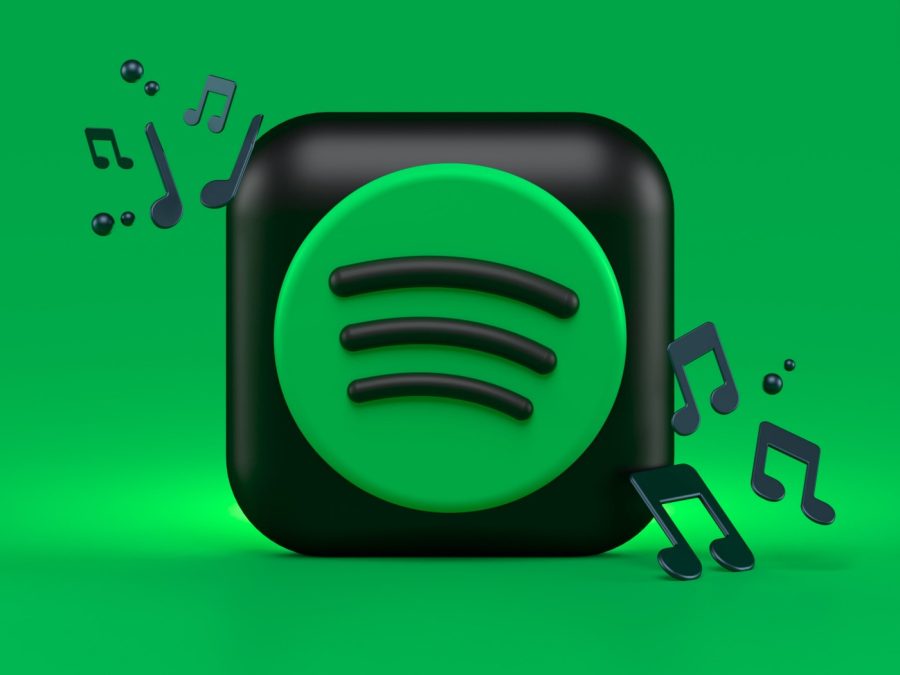College students can use music and noise for stress management
Coming to a university campus means seeing specific things that create the uniqueness of that environment. Usually, big buildings with many signs are a must.
But the people inside these buildings have unique characteristics that transform them into “college students.” From the many things college students can be recognized for, their laptops and headphones are, for sure, their best friends.
As college students, we are used to having tools we might have available for us every day. But what we lack many times is to find new ways of using these tools.
Even if we always have our laptops in hand for assignments, our phones for social engagement, and our headphones for entertainment, we rarely use these tools intentionally to increase well-being.
It’s important to differentiate escapism from well-being. We are used to using these technologies to escape our stressful days, but using them intentionally to improve well-being might look different.
College is the period in which we go through life changes, an increase in demands, exponential growth, and so much more.
“[…] the college years are also a time of increased risk of stressful events and a wide range of accompanying mental health challenges, including the risk of suicide,” Johanna Younghans wrote for Harvard Medical School.
As exciting as it can be, all the new things we have to deal with become stressful in less than a semester. As we learn how to deal with classes, we must know how to manage stressful days.
Among many things you can do to manage stress, intentionally using music and sounds might be an excellent strategy to give your brain time to rest.
“Music can have a profound effect on both the emotions and the body. Faster music can make you feel more alert and concentrate better. Upbeat music can make you feel more optimistic and positive about life. A slower tempo can quiet your mind and relax your muscles, making you feel soothed while releasing the stress of the day,” the University of Nevada published in a research article, “Music is effective for relaxation and stress management.”
We are used to listening to music as entertainment or distraction. Still, music is proven to be a tool for well-being.
“We’ve found compelling evidence that musical interventions can play a healthcare role,” Daniel J. Levitin, Ph.D., who studies the neuroscience of music at McGill University in Montreal for the American Psychological Association, said.
There are many ways to find music, but Spotify might give you easy access to focused material that you need on a busy day.
Between many titles, albums, and podcasts, Spotify has playlists built to serve a specific purpose. In this case, you will find different playlists focused on managing well-being. See the list below:
Besides the playlists made by the brand, you can also find thousands of playlists created by users with specific names.
In addition to music, sounds like White Noise might help you manage stress and/or anxiety.
“A 2018 study published by Oxford University Press showed white noise can improve functioning in adults with attention deficit disorder,” Megan Nolan wrote for The Guardian, “White noise is the only self-medication I have found that does me no actual harm.”
You can also find White Noise playlists on Spotify.
In summary, music and sounds can be used for more than entertainment. Nowadays, there is a lot of research and different methods to check how to apply music to manage well-being, mental disorders, and even our brain health.
Next time you feel like you need extra help, try to listen to a playlist.












yousef • Jan 12, 2023 at 8:36 AM
i recommend getting a sound machine like the Hatch sound machine or something similar.